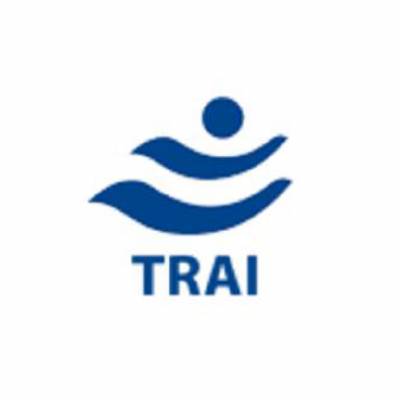QoS, access, national security find place in TRAI's paper on net neutrality
The Telecom Regulatory Authority of India (TRAI) has issued a ‘Pre-Consultation Paper on Net Neutrality’, seeking comments of all stakeholders. Written comments on the Pre-Consultation Paper are invited from the stakeholders by June 21, 2016.
The proliferation of a vast variety of applications, websites, and other forms of content on the Internet, has enhanced user choice and paved the way for greater innovation and competition. The diverse range of services available on the Internet has varying characteristics, uses and bandwidth requirements. Increasing Internet usage, particularly of services that consume high bandwidth, may require telecommunication service providers (TSPs) to adopt certain reasonable measures to protect the integrity of the network and provide appropriate quality of services to their users, while working within the 'best efforts' design of the Internet.
This calls for a deeper enquiry into the various issues relevant to the subject of net neutrality, including determining the reasonableness of traffic management tools that may be adopted by TSPs; understanding the importance of unrestricted access to the Internet; transparency and informed choice by users; customer privacy and national security.
In the absence of a clear regulatory framework on net neutrality, advanced traffic management techniques can potentially be used by an operator for discriminatory or anti-competitive purposes. For instance, a TSP could use its control over Internet access services to discriminate against any competitors that rely on its network or offer paid prioritisation to certain services. On the other hand, adherence to strict net neutrality rules could make it difficult for TSPs to deal with congestion and deliver the desired quality of service (QoS) to their users. An appropriate policy and regulatory approach on these issues will, therefore, have to strike a fine balance between these competing interests.
Customer privacy and national security
OTT communication services, like Voice over Internet Protocol (VoIP) and instant messaging use the Internet for their transmission. While such services are governed in some respects by the provisions of the Information Technology Act, 2000, they are not subject to the same regulatory regime that is enforced on conventional voice and messaging services provided by TSPs. The absence of a detailed regulatory framework governing OTT communication services can have a number of implications, including for telephone number management, public safety, emergency number access and national security.
Besides security challenges at the national level, OTT communications and OTT media can also pose a threat to the privacy of individual users. While the open architecture of the Internet is responsible for the phenomenal growth of OTT services, it also causes the transfer of personal information on the Internet to be fraught with potential risks and scope for misuse. This calls for a need to examine the legal and regulatory framework required for governing the privacy of users of OTT services.
The Department of Telecommunications (DoT) has also sought the recommendations of TRAI on the subject of net neutrality, including traffic management techniques; the economic, security and privacy aspects of OIT services; and other relevant areas covered in TRAI’s consultation paper dated March 27, 2015.
Hence, this pre-consultation paper is an attempt to identify the relevant issues in these areas, which will help TRAI in formulating its views on the way forward for policy or regulatory interventions on the issue of net neutrality.















Share
Facebook
YouTube
Tweet
Twitter
LinkedIn